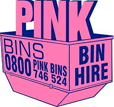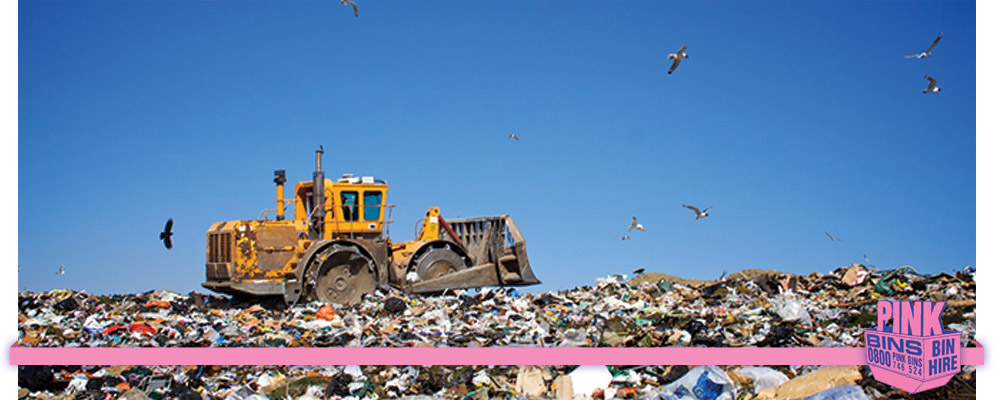A couple of months ago, I wrote about the landfill levy — what it’s for and a bit about its background. I explained how the levy is probably not high enough in New Zealand to really encourage people to take a more responsible approach to how they deal with waste. Well, here’s a heads up: The landfill levy could, in fact, be about to go up.
To be honest, I don’t know for sure whether the levy will increase. However, I’ve heard rumours within the waste disposal industry, which is a bit strange because, before last year’s election, Labour indicated they planned to leave it as is.
The impact on businesses
In many parts of the world, landfill levies are more than $100 per tonne. Here in New Zealand, ours is just $10 per tonne by comparison. If the new Labour government wants our country to be more in line with the rest of the world, the increase could be considerable. Even a hike of up to, say, $20 per tonne would have a significant impact on business’ bottom line — particularly within the construction industry. A levy increase would be tough on all businesses, and I know waste disposal companies, like Pink Bins, will need to raise prices.
At Pink Bins, we recycle as much waste as we can at our South Auckland depot. So, on a more positive note, we are better prepared for a levy increase than many other waste companies. Because we have well-established recycling processes in place, we will be able to offset much of any additional cost — the more we recycle, the fewer landfill levies we will pay.
A bitter but necessary pill to swallow
As a businessman, I don’t like to see any increases in the cost of doing business. However, I am also an advocate for waste reduction, so I support a landfill levy increase. It’s necessary.
You may be surprised to learn that, in New Zealand, each of us generates 734kg of waste per year, which is crazy. We really do need to get serious about waste reduction in this country. You see, by not recycling, manufacturers have to use natural (many non-renewable) resources to make new products. What’s worse, though, is the damage waste, especially plastic, does to the environment and wildlife, particularly when it seeps into our rivers and oceans.
Let me tell you about leachate
Do you know what leachate is? If not, let me explain: A liquid, leachate forms when water (mainly rain) filters through decomposed landfill waste. It is filled with toxins, such as methane, carbon dioxide, alcohol, organic acids and aldehydes. Leachate is awful stuff. Landfills, of course, are designed to contain this ‘toxic nasty;’ however, somehow, it still manages to break loose and pollute our groundwater.
Auckland city is striving towards zero waste by 2040. An increase in the landfill levy should help us get reach this goal on schedule.

